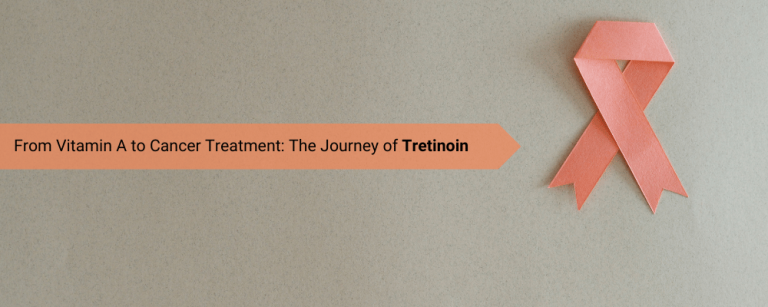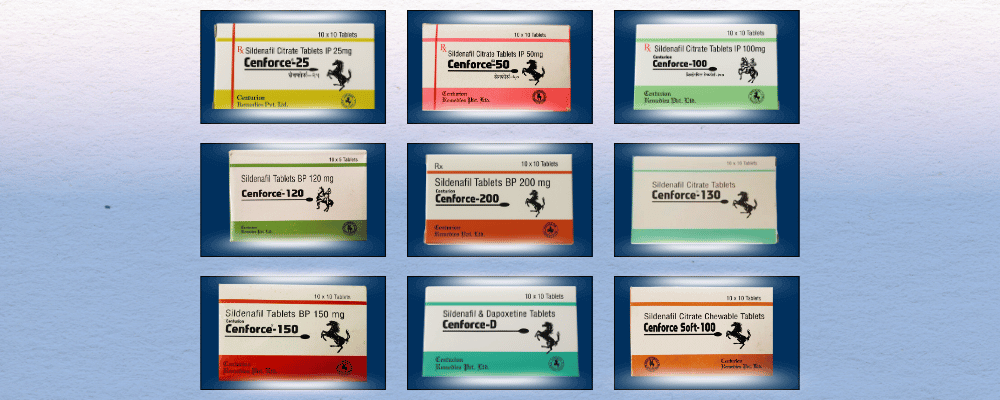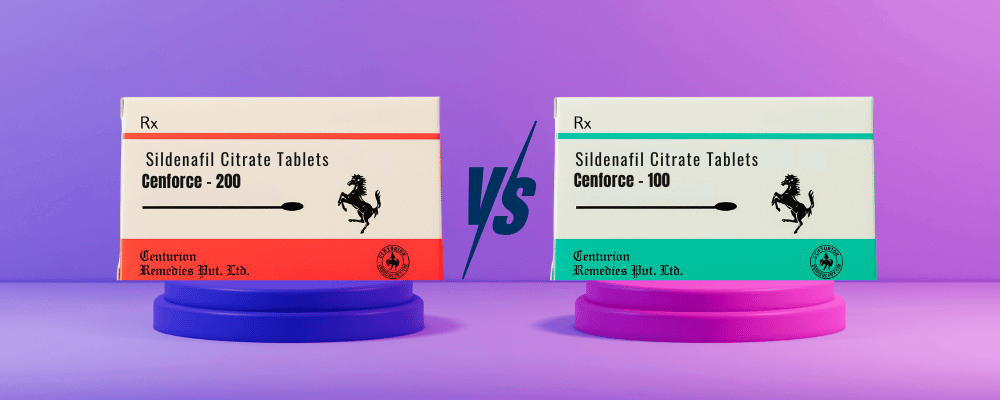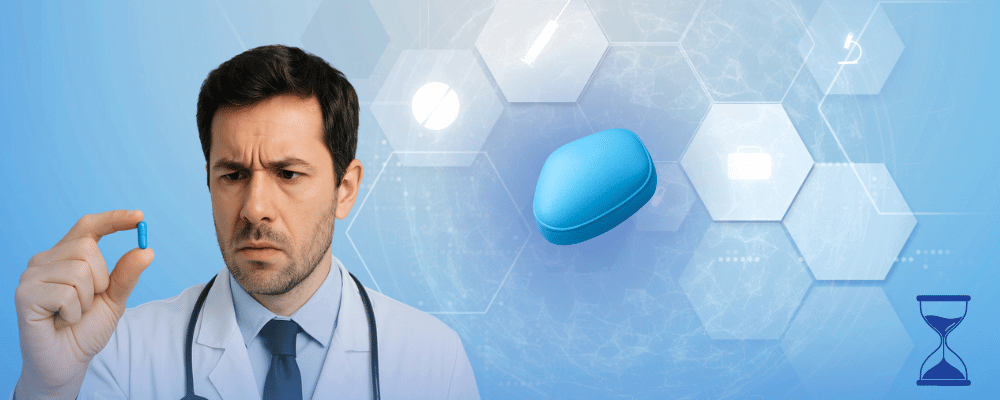Tretinoin is a powerful medication used in dermatology and oncology. While many know it as a treatment for acne, it also plays a crucial role in fighting a rare blood cancer called Acute Promyelocytic Leukemia APL. Let's explore Tretinoin, how it works, and its dual role in skincare and cancer treatment.
What Is Tretinoin?
Tretinoin is a derivative of Vitamin A and belongs to a class of drugs called retinoids. It is well known for treating acne and improving skin texture. But probably its most important role is in treating APL, a type of blood cancer .
Tretinoin is available in different forms:
- Creams and gels: Used topically for skincare.
- Capsules: Taken orally under strict medical supervision for cancer treatment.
Timeline of Tretinoins Medical Journey
| Year | Milestone |
| 1960 | Discovered as a derivative of Vitamin A |
| 1970 | Approved for acne treatment in dermatology |
| 1995 | FDA-approved for treating Acute Promyelocytic Leukemia |
| 2000 | Recognized as part of combination therapy in oncology |
Understanding Acute Promyelocytic Leukemia (APL)
Acute promyelocytic Leukemia (APL) can be classified as a subtype of acute myeloid leukemia, in which there is an overproduction of immature blood cells that cannot function properly.
The presence of these abnormal cells also slows the body's standard repair mechanisms, leading to severe complications, including infections and even bleeding.
Before the introduction of Tretinoin, APL had a poor prognosis. Today, tretinoin has become a game-changer, offering significantly improved survival rates when used with other treatments.
Two Lives of Tretinoin: Skincare and Cancer Treatment
Tretinoin’s versatility lies in its ability to address two very different health concerns.
1. Tretinoin as a Cancer Treatment (Capsules)
For individuals with Acute Promyelocytic Leukemia (APL), tretinoin is a life-saving medication. This rare blood cancer causes immature white blood cells to multiply uncontrollably, which can be life-threatening.
Tretinoin capsules work by:
- Helping restore normal blood cell production.
- Reducing the buildup of abnormal cells
- Forcing leukemia cells to mature into healthy cells.
- Healthcare professionals form part of a broader cancer treatment plan and strictly monitor the use of tretinoin.
2. Tretinoin as a Skincare Treatment (Creams and Gels)
In dermatology, tretinoin creams and gels are used for:
- Treating acne: Clearing clogged pores and preventing breakouts.
- Improving skin texture: Reducing fine lines and dark spots caused by sun damage.
- Treating acne: Clearing clogged pores and preventing breakouts.
- The topical form of tretinoin is available in varying strengths, allowing tailored treatments based on skin needs.
How Does Tretinoin Work?
Tretinoin works by encouraging cell turnover, whether on the skin or in blood cells.
- For Skin: It speeds up the shedding of old skin cells and the growth of new ones. This helps to reduce acne and smooth out the skin.
- For Cancer: It encourages leukemia cells to differentiate into normal cells, thereby halting their uncontrolled division.
Dosage and Strengths
- Tretinoin for Cancer (Capsules):
Tretinoin for APL is prescribed as oral capsules. The dosage depends on factors like age, weight, and the patient’s overall health. - Tretinoin for Skincare (Creams and Gels)
Tretinoin creams and gels come in strengths such as:
0.025%
0.05%
0.1%
Dermatologists adjust the strength and frequency of application to suit individual skin conditions.
Side Effects of Tretinoin in Cancer Therapy
Tretinoin for leukemia can cause side effects that need careful monitoring:
Common Side Effects:
- Fever
- Headaches
- Dry skin
- Fatigue
Severe Effects: Retinoic acid syndrome, which requires immediate medical attention.
How Long Does Tretinoin Take to Work?
Tretinoin works quickly to help normalize blood cells, but treatment duration varies depending on the individual’s cancer treatment plan.
Is Tretinoin a Steroid?
No, tretinoin is not a steroid. It’s a retinoid derived from Vitamin A. While steroids suppress immune function, tretinoin helps cells grow and repair naturally.
Tretinoin: Brand and Generic Names
Tretinoin is sold under various names depending on its use:
- For Skincare: Generic tretinoin creams and gels are widely available.
- For Cancer Treatment: Tretinoin capsules are sold under brand names like Vesanoid.
Conclusion
Tretinoin is a remarkable medication that can improve skin health and save lives. Its role in treating Acute Promyelocytic Leukemia (APL) highlights the potential of science to transform lives.
If you’re considering tretinoin for any purpose, consult your doctor to ensure it’s the proper treatment for you. By understanding its dual role as both an acne cream and a cancer treatment capsule, we can appreciate the full potential of this Vitamin A-derived medication.






